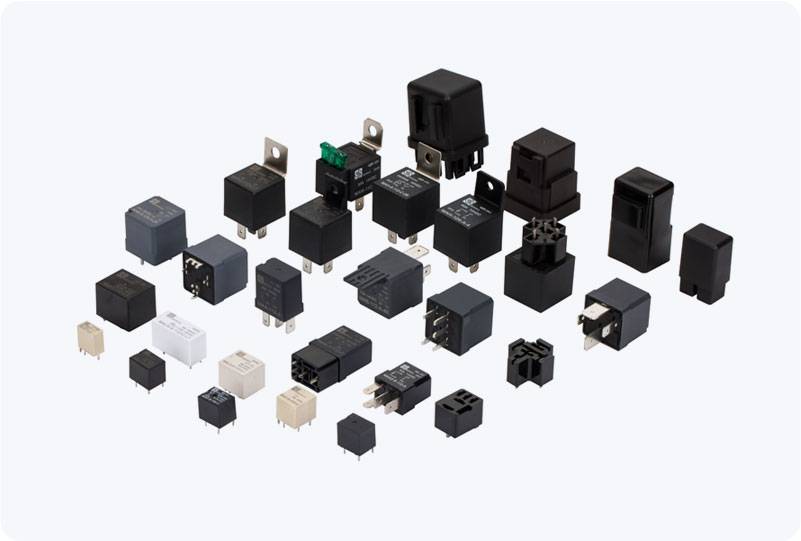Industrial Control Relays (ICRs) are fundamental components in the world of industrial automation. They serve as electrical switches that enable control and protection in various electrical systems, ranging from simple household appliances to large-scale industrial machines. By providing a means to manage high-voltage equipment using low-voltage control signals, ICRs play a pivotal role in safeguarding both the machinery and the operators who interact with these complex systems.

What is an Industrial Control Relay? At its core, an Industrial Control Relay is an electromechanical device used to control the opening and closing of circuits. It uses an electromagnet to operate the switch. When current flows through the relay’s coil, a magnetic field is generated, which activates the relay’s internal mechanism, causing the contacts to either open or close. This action allows or interrupts the flow of electricity to connected equipment. ICRs are commonly used to control motors, lighting, heating elements, and other large electrical loads, acting as an intermediary between low-power control circuits and high-power load circuits.